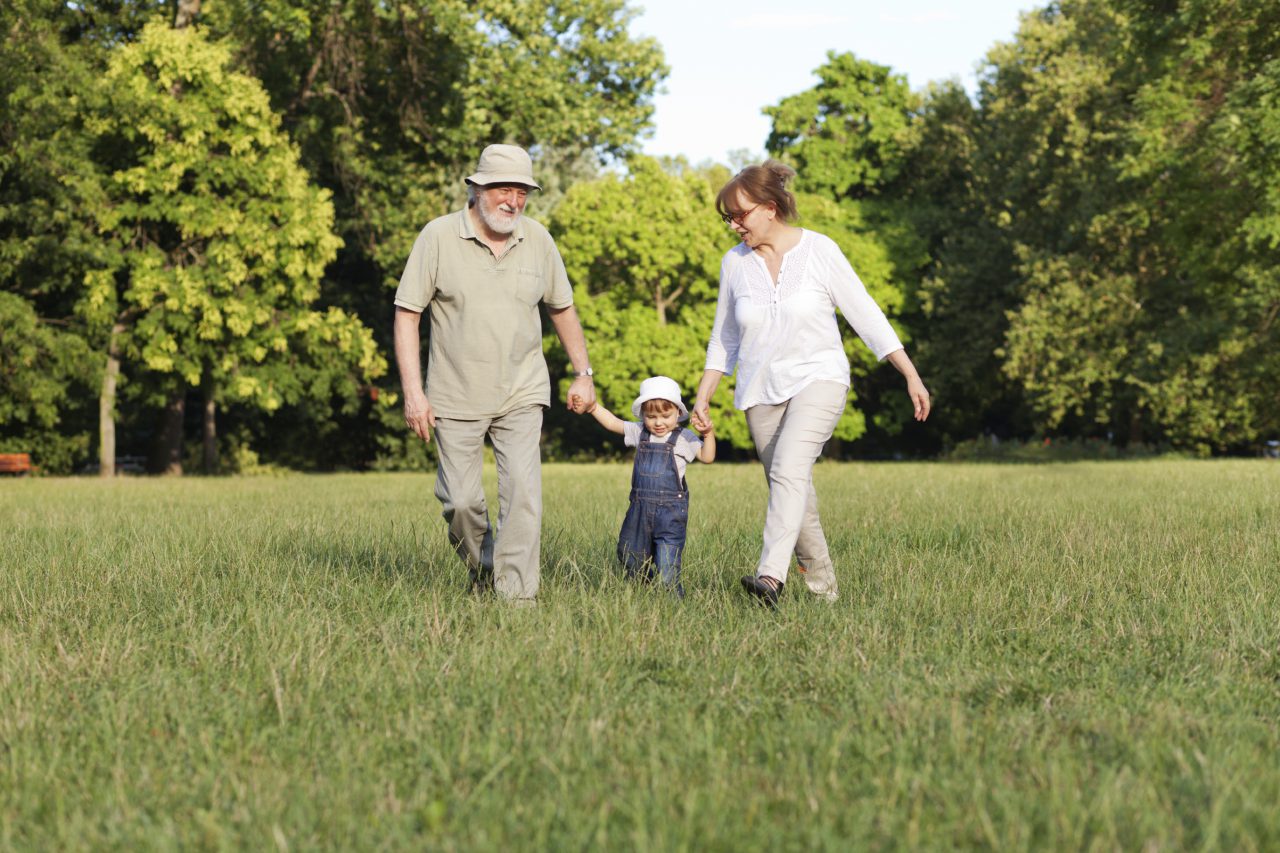Q: Our daughter died last year — long, sad story — leaving behind a 2-year-old boy. The father — not named on the birth certificate — is not and never has been a factor in the child’s life and gave us permission to adopt without any conditions. He simply has zero interest. We did not anticipate becoming parents again, but “grandparents have got to do what grandparents have got to do.” Our new son, whom we love dearly, is about to turn 3. Do you have any advice for how to properly parent a grandchild?
A: First, I am truly sorry to hear about your daughter’s passing. I cannot imagine anything more devastating than a child’s death, no matter how challenging the parent/child relationship may have been.
In my professional experience, I have observed that, generally, the more difficult a parent/child relationship, the more guilt the parent bears when that child dies. I say this because if you are dealing with any level of self-blame for your daughter’s problems, you are likely to overcompensate with your grandson in those areas where, on reflection, you previously felt yourself deficient as a parent. For example: if you feel that you were too strict with your daughter, you are in danger of becoming too lax this time around; if you feel you were too lax, you’re likely to be too strict.
Parenting is only one influence on a child's outcome. In other words, it is not the be-all and end-all of how a child turns out. Consider that children raised very well by solidly moral people sometimes turn out bad, while children raised very badly by unquestionably bad people sometimes turn out quite well. In the final analysis, a child’s free will trumps any other influence.
My first bit of advice for you is to embark upon this like you would an adventure, rather than treat this experience as your chance to make up for past mistakes. Parent in the present, not in the past.
Second, know that you cannot successfully be both a parent and a grandparent. While it may be tempting to exercise the prerogatives appertaining to the latter role, you and your husband need to establish that your roles as Mom and Dad are the operative, day-to-day condition.
Third, the fundamental principles of a parent/child relationship are the same, regardless of the whether or not the parent and child share a biological connection. Parenting does not take on a new meaning when the primary caregivers happen to be the child's grandparents. Your grandson should be expected to obey the rules and accept the consequences should he not do what he is told. If he questions you, be comfortable responding with, "because I said so." Keep it simple, always.
Work on leading as well and as much as you love. You are going to have to focus purposefully on the former, because grandparents always want to emphasize the latter. Why else would God create grandparents.









